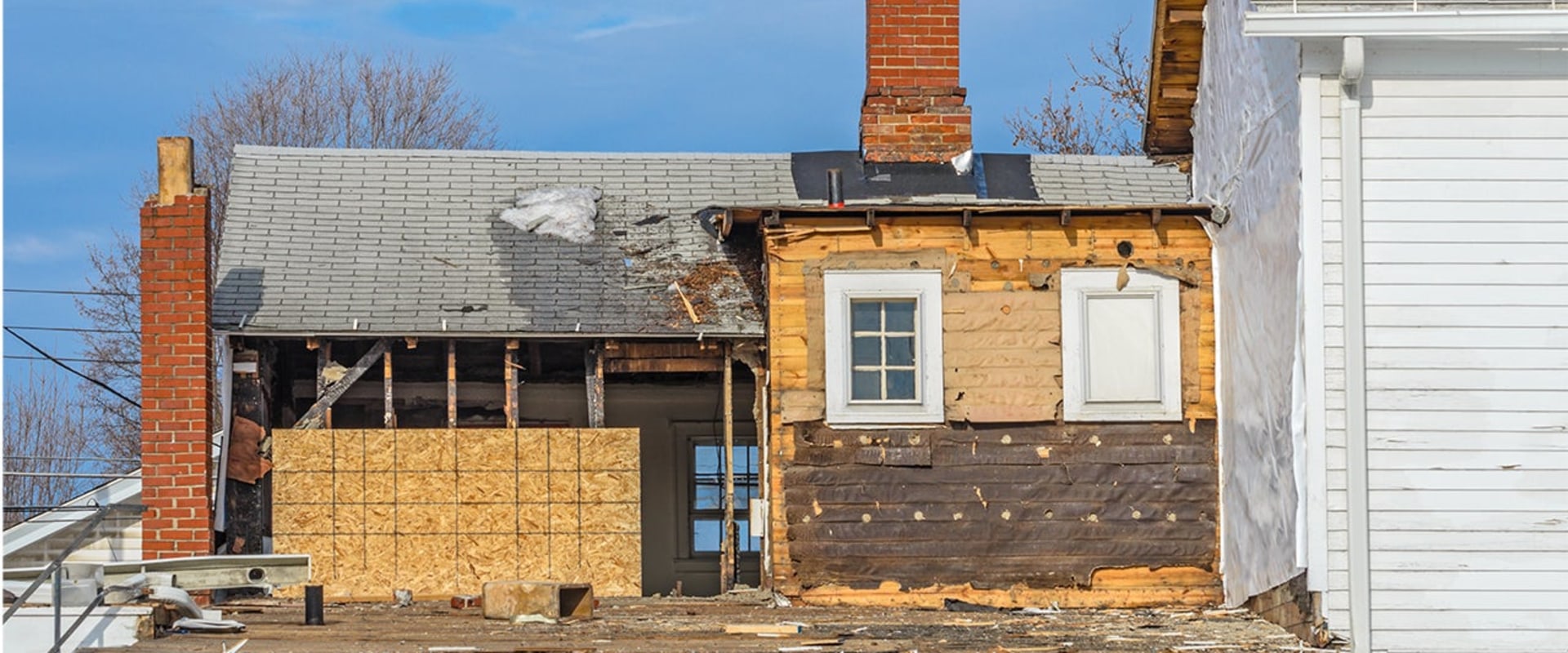Determining whether home additions are worth it involves a multifaceted assessment of benefits, costs, and long-term implications. Home additions, ranging from expanding the living room to adding an entirely new floor, can significantly enhance the functionality and aesthetic appeal of a property. However, they also come with considerable financial, time, and energy investments.
One of the primary benefits of home additions is the potential increase in the property's value. A well-designed and executed addition can substantially boost a home's market worth, making it a lucrative investment for homeowners planning to sell in the future. Additions that add usable living space, such as an extra bedroom or bathroom, are particularly valuable in this regard. However, the return on investment (ROI) varies based on the type of addition and the real estate market conditions.
Another advantage is the improved functionality and personal enjoyment that comes with more living space. For growing families, an addition can provide the much-needed room to accommodate everyone comfortably. It can also offer specialized spaces like home offices, gyms, or entertainment rooms, enhancing the quality of life for the occupants.
The cost of a home addition is a significant consideration. This includes not just the direct expenses of materials and labor, but also related costs such as permits and, potentially, increased property taxes. The complexity of the project, the quality of materials chosen, and labor costs in the area all contribute to the overall expense. For example, in the context of renovations, searching for "window replacement near me" might be a necessary step for those needing to replace or upgrade windows as part of their addition project, adding to the overall cost.
Homeowners should also consider the disruption to daily life during the construction phase. Living in a construction zone can be stressful and inconvenient, and the project's duration can vary significantly based on its complexity and any unforeseen challenges.
It's also essential to consider the home's existing structure and whether it can support an addition without extensive and expensive modifications. Consulting with architects and structural engineers can provide insights into what is feasible and help avoid costly mistakes.



